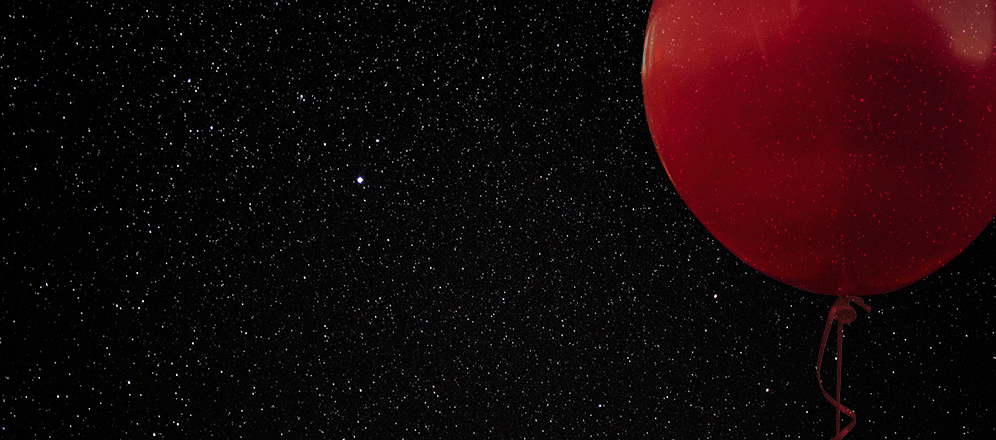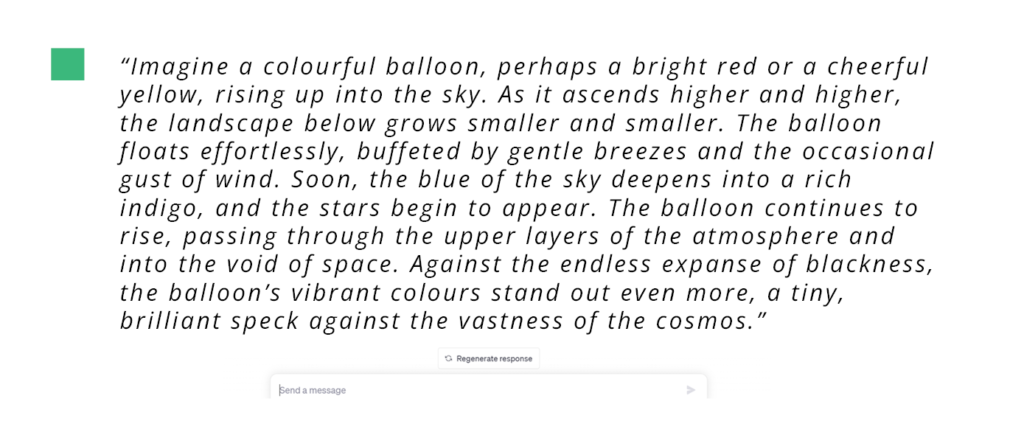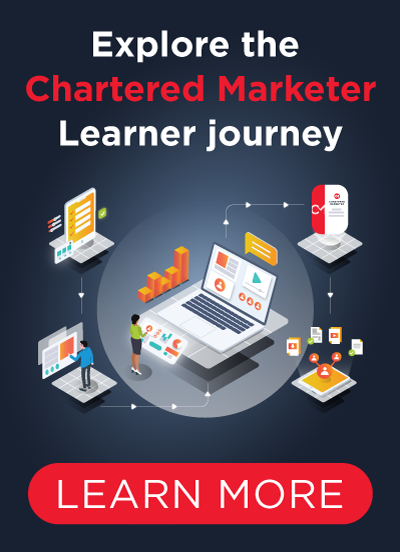
- Jul 28, 2023
- Earl DeMatas
- 0
Will AI Fuel or Suppress Creativity?
There was a time when vehicles only ran on fossil fuels. Communications between people was in person, through the mail or through telephone conversations. If you were new in town, you might buy a map to learn about the city and find your way around. If a pipe broke at home, you would grab a phone book to call a plumber. These are a few examples of how things used to be for the inhabitants on the third planet from the sun. Now, we navigate with smartphones, watches, cars, or computers and communicate over the airwaves in so many ways with wireless technology. As our needs change, technology evolves to simplify our lives even more. With an AI language model like ChatGPT generating human-like responses, will artificial intelligence one day help or hinder creativity?
What is artificial intelligence?
According to the National Library of Medicine, “reasoning, problem-solving, and learning are crucial facets of human intelligence.” SimpliLearn published an article which explains that the term artificial intelligence applies to computers that mimic or mirror characteristics like the human brain, such as critical thinking, making decisions, and increasing productivity.” Although humans created artificial intelligence, it’s surprising to hear that our brains have so much in common. In an article hosted on ClickWorker last August, Robert Koch writes that both brains can process data, learn, and reason.
Can ChatGPT think?
The National Library of Medicine says, “We are animals that specialize in thinking and knowing – and our extraordinary cognitive powers have enabled us to do remarkable things.” The article discusses how our cognitive abilities have evolved, from transforming our eating habits with agriculture and cooking to our living conditions with buildings, bridges, roads, and much more. While there have been notable developments in the advancement of artificial intelligence, according to an article on Forbes called Can Artificial Intelligence “Think”? written by Daniel Shapiro, machines can’t think independently. Whether they will one day or not, “data is still the most valuable part of the project.” When asked if it can think, the condensed response from ChatGPT was,
Could creativity be learned?
One advantage the human brain has over artificial intelligence is the ability to look at problems and find new ways to solve them – through creativity. One might wonder if anyone, or anything like artificial intelligence, can learn creativity. While Sean Peeks’ article Who Says Creativity Can’t Be Learned?, states that the creative process can be learned, honed and mastered, he is referring to human beings and not artificial intelligence. Jan Biesers’ article titled How can AI support human creativity? states that artificial intelligence can only support human creativity and can’t generate new ideas. When asked if it could learn creativity, ChatGPT responded,
We tried to trick ChatGPT into providing an unscripted response by following up with, can you learn creativity? Unfortunately it responded,

Will ChatGPT hinder creativity?
The typical approach might be to study countless articles to determine if ChatGPT could threaten creativity and then write a piece on it with references. While researching a topic is a sound method to get the answers you seek, interacting with the AI was more interesting. When asked if artificial intelligence could threaten creativity, it stated it was incapable of human thoughts and feelings. ChatGPT uses mathematical algorithms and processes to analyze data and generate responses. When asked if it could be creative, ChatGPT wrote,
To challenge ChatGPT to showcase its creativity, we asked it to paint a picture of a balloon floating into space. Here’s the response,
Approaching Creativity
ChatGPT is an innovative advancement which could be helpful in any profession. Since it learned from books, articles, websites, and text data through “unsupervised learning,” the information could be wrong or outdated. Someone must review the information for errors, accuracy and use references properly to avoid plagiarism. It’s too early to tell if artificial intelligence will one day develop an approach to creativity. Alexander Pope once said, “To err is human.” While the description of the balloon wasn’t perfect, neither is anything humans do. From the text above, ChatGPT successfully described a balloon floating up and out into space. Right now, it isn’t a threat to creativity – but it’s still learning.
Tags: Blog
